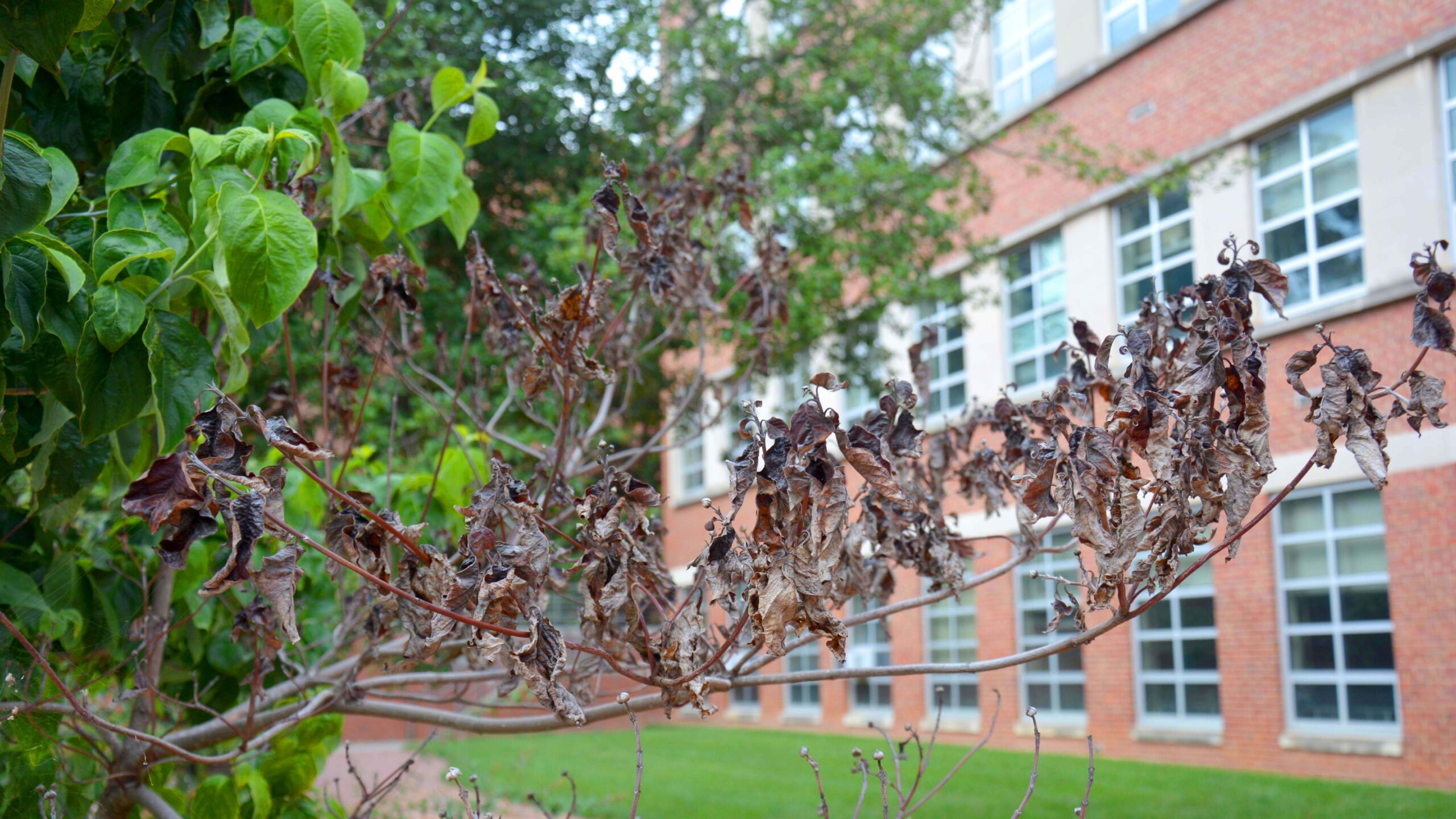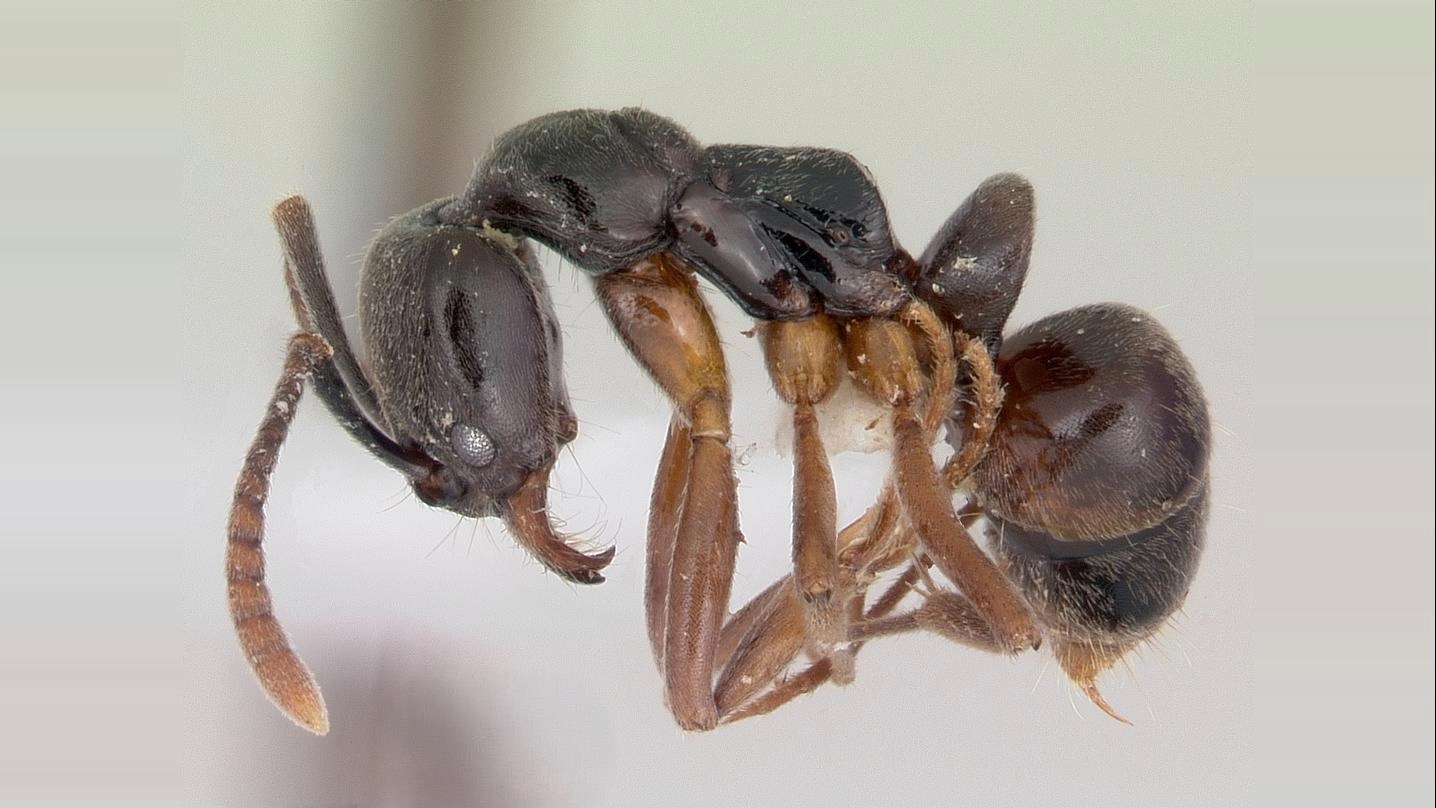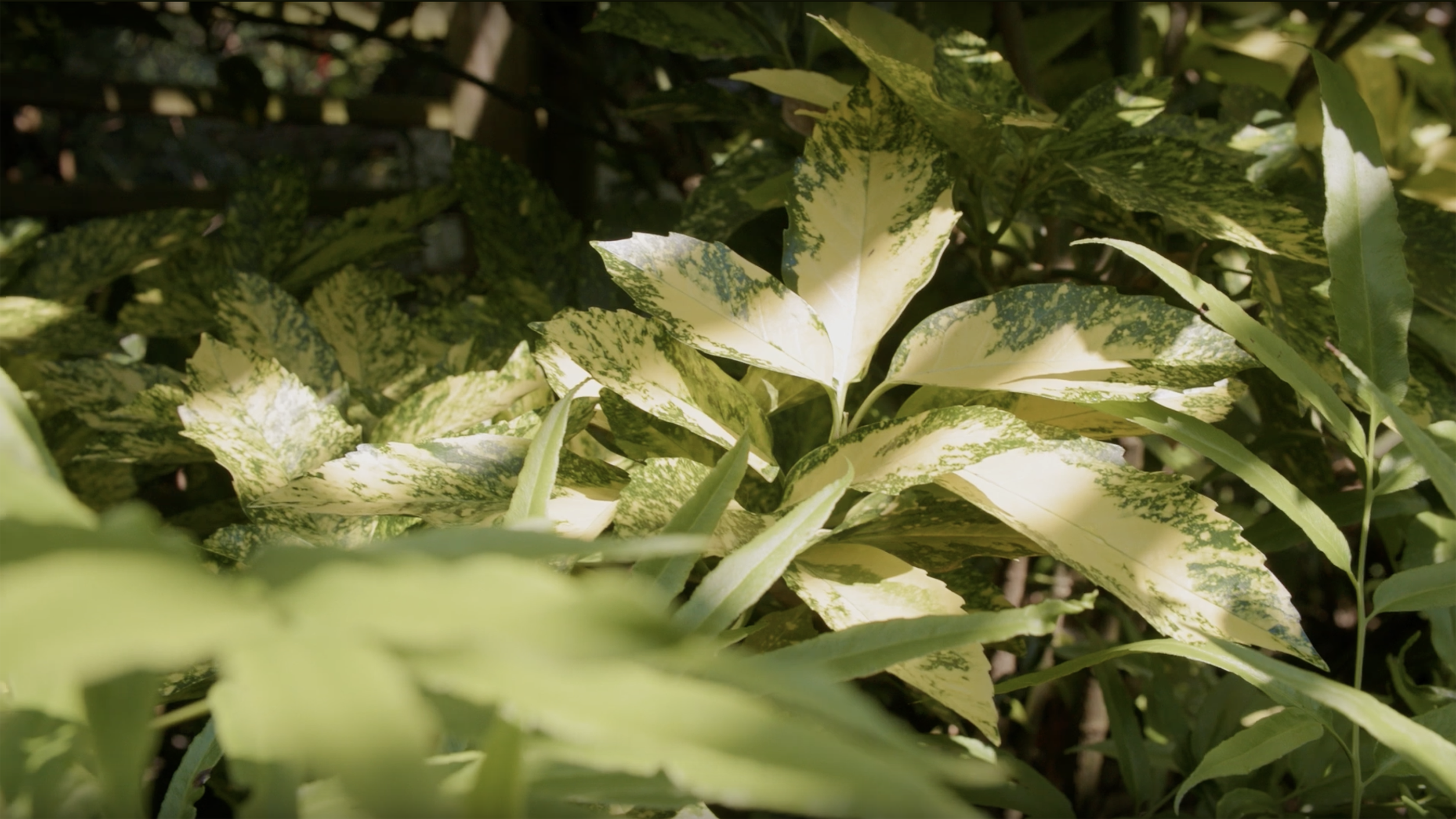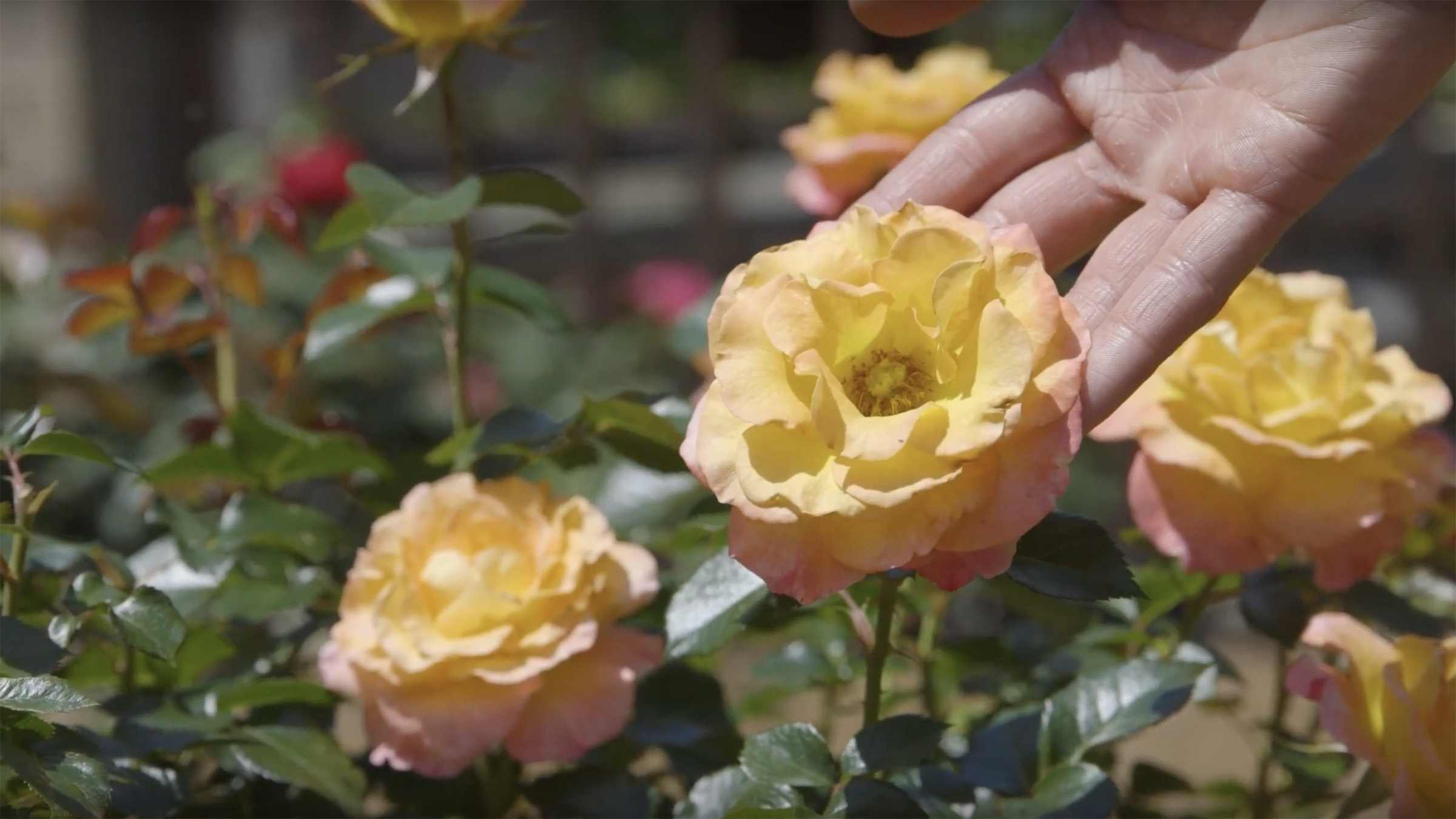From backyard hammocks and bold landscape statements to bountiful fruit harvests and wildlife habitats, trees are, in a word, essential. Mighty and majestic, statuesque and serene, they provide critical resources for animals, plants and people alike.
North Carolina is home to more than 600 species of trees, shrubs and other woody plants, and nearly everyone has a favorite. Maybe it’s the golden fall foliage of the tulip tree or that magnificent row of maples adorning your neighborhood. No matter your favorite, a few lush, healthy trees can not only add value to your home and charm to your community, they can potentially save on home cooling bills with their abundant shade.
North Carolina is home to more than 600 varieties of trees.
As much value as trees have to offer, trees can be costly when something goes wrong. Limbs falling on homes and vehicles, trees requiring professional removal and replacing trees that form a privacy barrier can be a significant hit to your wallet. It’s important for property owners to recognize the signs of a tree in distress as early as possible.
In this episode of Homegrown, Matt Bertone, director of NC State’s Plant Disease and Insect Clinic, helps us understand the symptoms of sick and stressed trees and what to do when professional guidance is needed. Often, Bertone tells us, visible clues like fungi, splitting bark and dieback indicate a soil or root problem that needs to be addressed. Other times, individual branch and twig issues may be traced by to physical damage or cankers.
More Tree Tips and Tools
Interested in learning more about trees? Check out these publications from NC State Extension:
- Categories:



